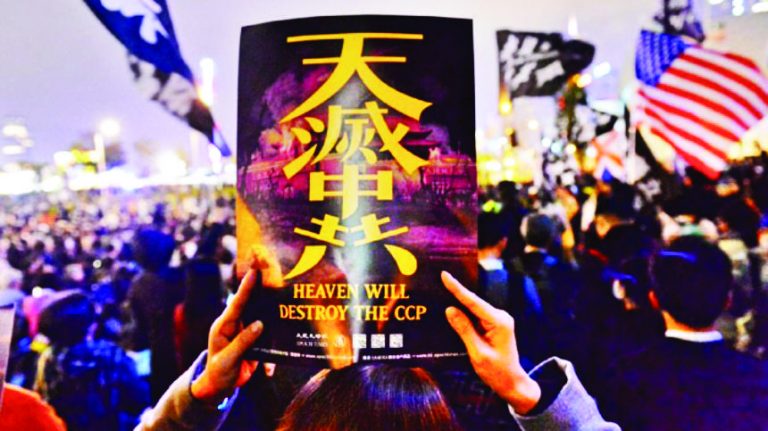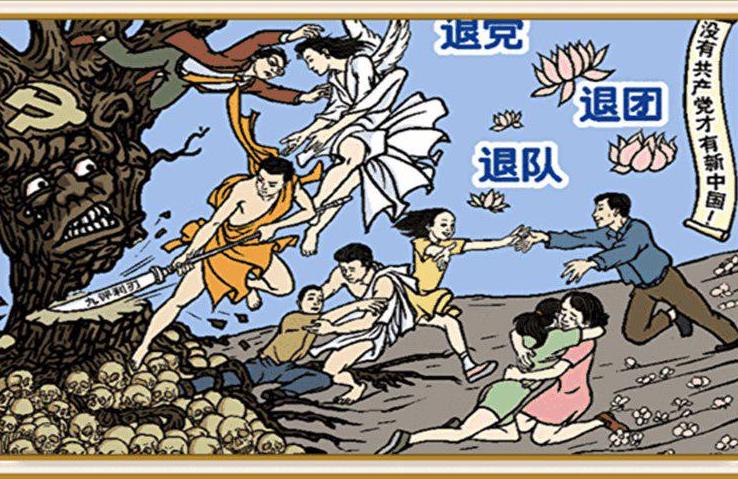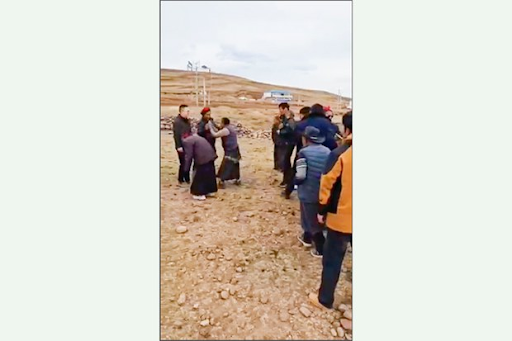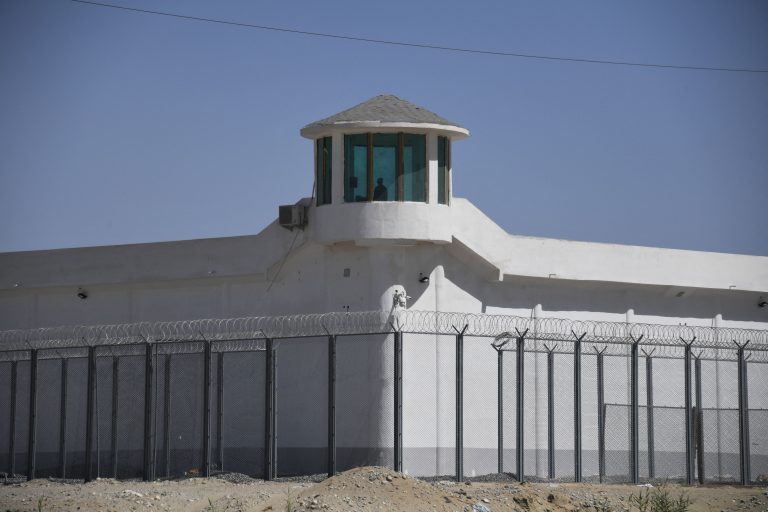Commentary
One of the most censored books in China today contains knowledge that can be mostly found on Wikipedia, which is also banned in China. Yet the book that the Chinese authorities fear so greatly is no simple work.
In 2004, overseas Chinese newspaper Dajiyuan, now better known as The Epoch Times, published an editorial series taking aim at the ruling Chinese Communist Party (CCP). Titled Nine Commentaries on the Communist Party, the series that began running that Nov. 19 would spark a grassroots mass movement counting hundreds of millions of participants.
According to Daijiyuan webpage tuidang.epochtimes.com, more than 900,000 Chinese renounced their oaths made to the CCP or its two youth organizations this month, joining the total current count of 386 million people who have rescinded the promise to “lay down my life” in struggle for the Communist Party.
UPDATE (Aug. 3, 2022): Chinese ‘Tuidang’ Movement Counts 400 Million People Who Have Renounced Communism
Cutting to the core of communism
Though the Nine Commentaries provides an abbreviated description of the Party’s rise and its time in power that is broadly familiar to most students of China’s recent history, the series sharply defines the political and ideological characteristics of Communist China that set the regime apart from all past dynasties.
Success
You are now signed up for our newsletter
Success
Check your email to complete sign up
More than 70 years ago, communist armies took over mainland China and painted their conquest as the “choice” of history and the Chinese people. Addressing his followers from the walls of the Forbidden City in October 1949, Party chairman Mao Zedong claimed that the Chinese people “have stood up.”
RELATED:
Disintegrating the Culture of the Chinese Communist Party: Introduction
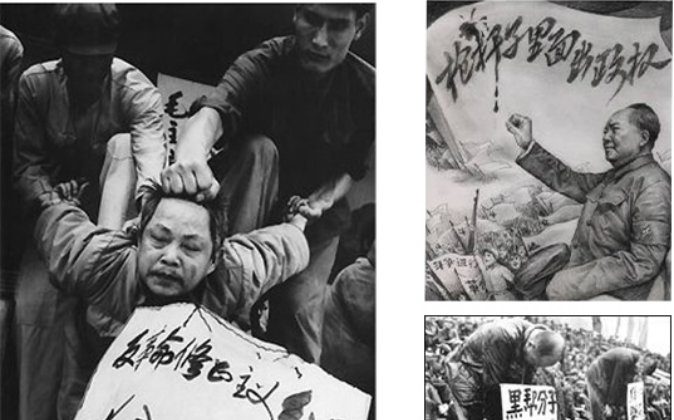
Instead, the CCP imposed an unprecedented tyranny upon China that led to the deaths of some 80 million people through executions, forced labor, physical and psyshological torture, and mass famine. Religions were stamped out in favor of atheist Marxism, and thousands of years of civilization was repudiated as “feudalist” backwardness to be dismantled in the CCP’s “New China.”
“The goal of using force is to create terror. Every struggle and movement has served as an exercise in terror, so that the Chinese people tremble in their hearts, submit to the terror, and gradually become enslaved under the CCP’s control,” reads the first of the Nine Commentaries.
‘Deceit, malice, struggle’
This process of reinforcing the Party’s regime and ideology never really ended.
Even after the death of Mao and the start of economic reforms, the CCP retained its grip on absolute power. Party leaders sent troops to slaughter protesting students in Tiananmen Square in 1989; a decade later, CCP head Jiang Zemin banned the Falun Gong spiritual practice and launched a nationwide campaign to persecute its tens of millions of adherents.
The Nine Commentaries highlights examples of the CCP’s inclination to not merely hold power, but exercise total cult-like control over the minds and bodies of those under its rule.
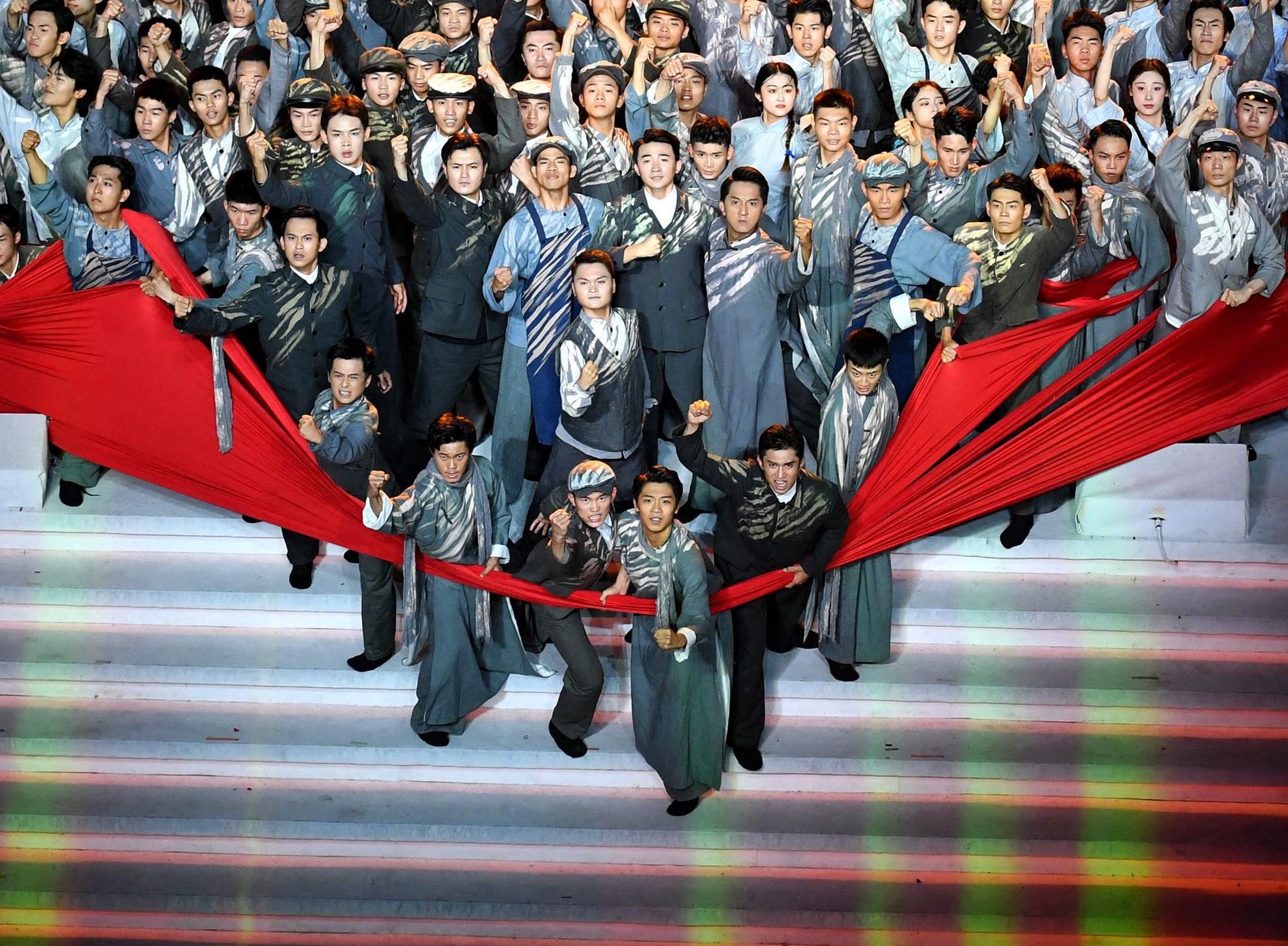
Per the Nine Commentaries, the Party’s violent philosophy of Marxism-Leninism did not liberate China from backwardness, but rather imposed a culture of “deceit, malice, and struggle” (假惡鬥) on the ancient civilization.
Despite vast advances in material wealth and development, much of China remains impoverished; the regime expends hundreds of billions in state treasure to surveil and censor the populace, and corrupt officials funnel their ill-gotten gains overseas. In 2020, the Party quashed political freedoms in the former British colony of Hong Kong, and more than 1 million ethnic minorities are currently held in concentration camps.
The ‘Tuidang’ movement
The Nine Commentaries is broadly circulated in mainland China, being most often associated with practitioners of Falun Gong.
In addition to passing out pamphlets and other media to raise awareness of the persecution they face, many adherents of the banned qigong practice disseminate copies of the Nine Commentaries and solicit members of the public for verbal or written renunciations of the CCP, Communist Youth League, and Young Pioneers.
The movement to renounce the CCP covers all three organizations, and is known as the tui dang (退黨, withdraw from the Party) or san tui (三退, withdraw from the three organizations) movement.

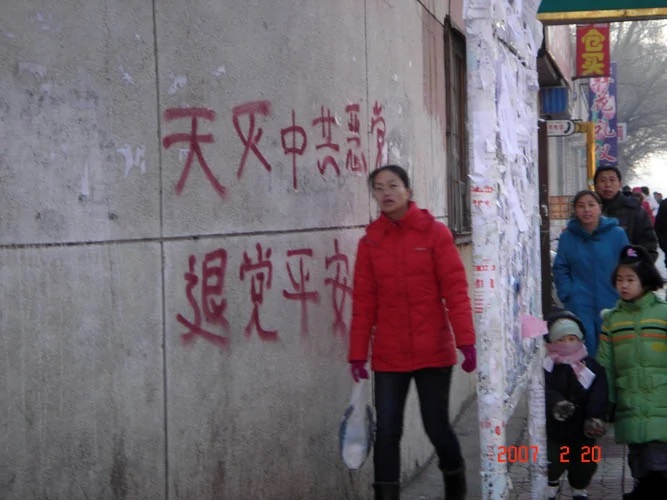
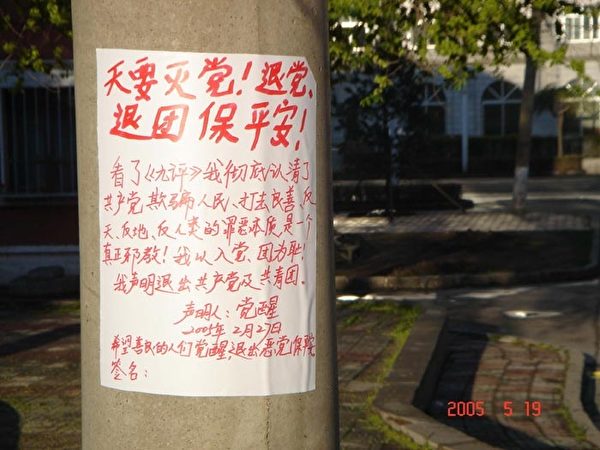
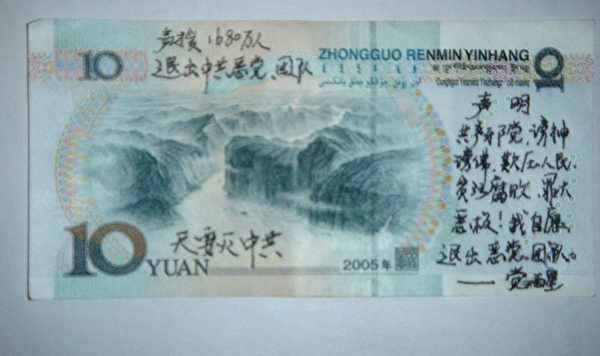
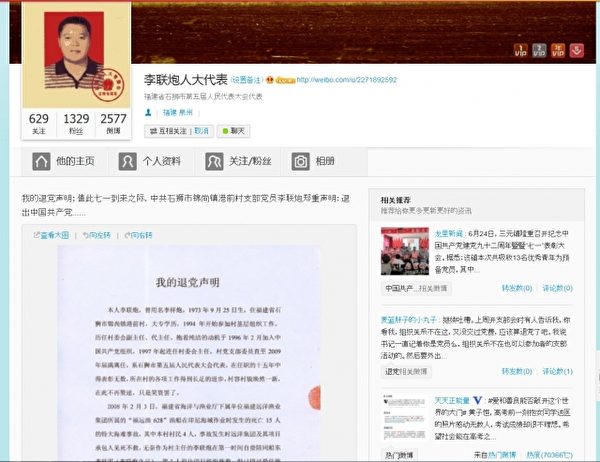
Millions of statements by Chinese citizens and overseas Chinese describing their renunciations are logged on the Tuidang site. And while many participants may choose to annul their oaths using a pseudonym, volunteers relaying the reunications report large numbers of people who go with their true identity.
In contrast to the vast numbers of people giving their names or aliases, formally quitting the CCP or its youth organizations is rare, given the potential risks it could bring to one’s career or freedom.
According to official statistics, the Party counts more than 90 million members. However, nearly all students in China join the Young Pioneers and make the same oath to the CCP — a group counting hundreds of millions of Chinese. The Communist Youth League, which prepares young people for membership in the Party, also has tens of millions of members.
Despite being heavily suppressed in China for more than 20 years, a 2017 report by Freedom House estimated that millions of Falun Gong practitioners remain active. In addition, democracy activists and adherents of other faiths banned by the CCP also spread the Nine Commentaries, further increasing its reach.
READ MORE:
Chinese Officials Advertise Human Organs on Public Website, Raising Scrutiny About Transplant Abuse



